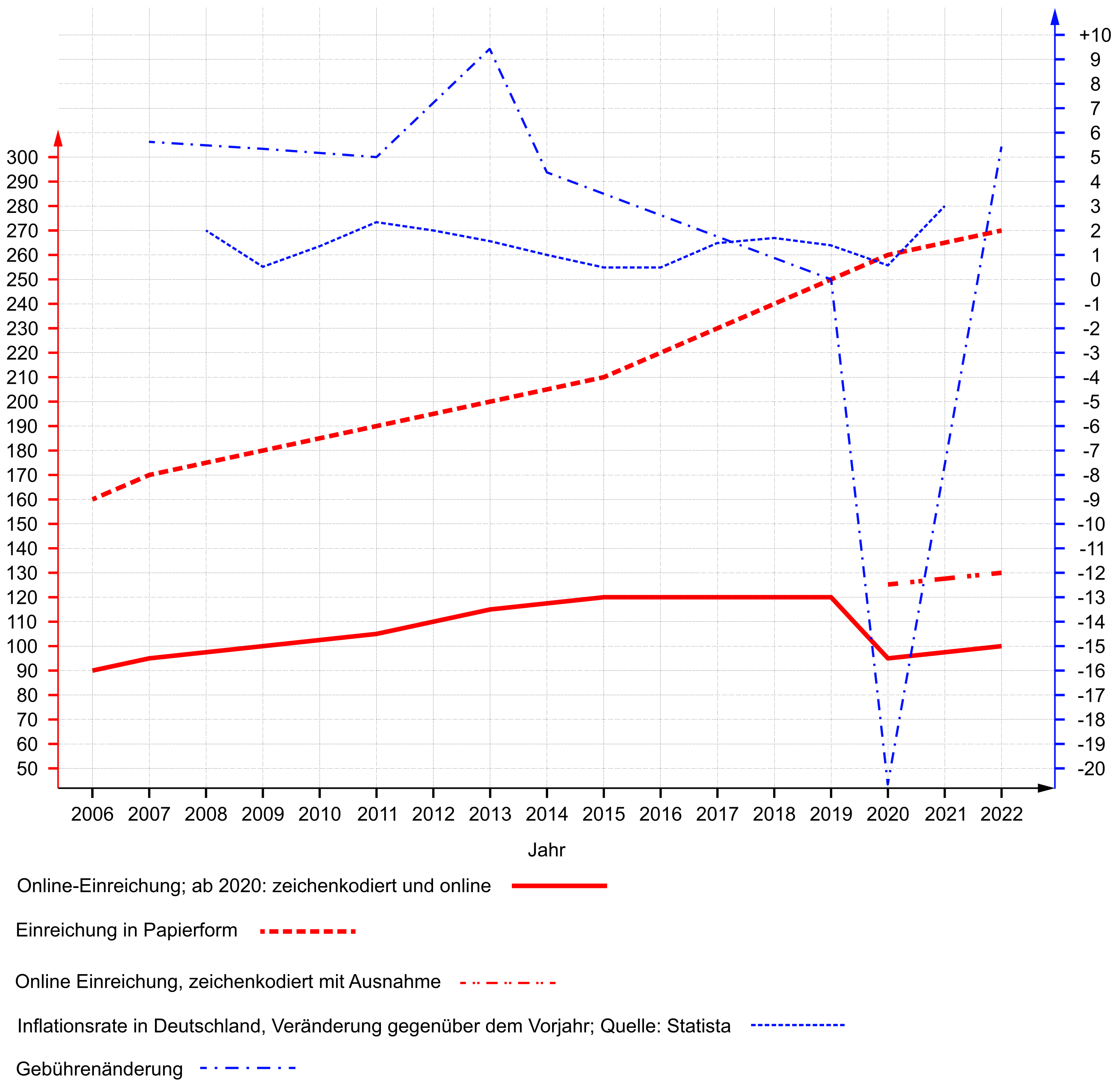Strategic thoughts on contributory patent infringement ahead of the entry into force of the Agreement on a Unified Patent Court
The legal framework for actions against cross-border supply chains in Europe that precede the use of a patented object will change significantly with the forthcoming entry into force of the Agreement on a Unified Patent Court (UPC).
The current legal framework
Under the current legal framework, European patents unfold their protective effect at national level. Owners of a granted European or national patent can ban third parties from using the patented object within the territory of a country in which the patent is in force. In practice, this means that in the event of cross-border patent infringement, infringers can only be sued in individual countries and usually are only made accountable for actions taking place in the country in which the infringement lawsuit is filed. There is currently no possibility of centrally enforcing a patent for the whole of Europe.
This territoriality principle of European patents is about to change with the entry into force of the Unified Patent Court (UPC), expected in mid-2022. The UPC creates a new legal framework in which European patents granted by the European Patent Office can be validated as so-called “unitary patents” which have unitary effect throughout the UPC territory.
The legal instrument of contributory patent infringement allows a patent proprietor to prohibit the use of means which constitute no patent infringement by themselves, but which are suitable and intended for the use of the patented invention. For example, if a patent protects a device G that must have elements A, B and C, the patent proprietor can sue a competitor M who manufactures, offers, introduces into the market or either imports or possesses for these purposes a device having all three elements A, B and C, which are essential for the invention G, for direct patent infringement. Furthermore, a supplier L of the competitor M who supplies the element C to the competitor M and thereby makes the patent infringement possible, is also liable for contributory infringement and can be sued by the patent owner.
Under the current legal framework of most European jurisdictions, a claim against the supplier L in this example case is subject to a double territorial requirement: A contributory patent infringement by supplier L must be assumed if both the supply or offer of element C to competitor M and the subsequent (direct) patent infringement by competitor M, e.g. manufacture or marketing of device G with elements A, B and C, take place in the “domestic territory” of the patent-protected jurisdiction (cf. Sec. 10(1) Patent Act, Art. 60(2) of the UK Patent Act or Art. L613-4 of the French Patent Act). As a rule, contributory patent infringement must be discarded due to lack of this double territorial requirement if the transfer of element C to competitor M or the marketing or manufacture of device G by the competitor M takes place abroad.
For owners of a patent with effect in Germany, i.e. of a European patent in force in Germany or of a German national patent, the case law of the German Federal Court of Justice dictates a patent proprietor-friendly approach to the double territorial requirement: Accordingly, a contributory patent infringement can also be assumed when a supplier L supplies elements C to a competitor M if this competitor M manufactures the patent-protected device G – using the elements C supplied by L – with the elements A, B and C, be it abroad or in Germany, to subsequently offer or market the device G in Germany (BGH 30. 01.2007 X ZR 53/04 – Funkuhr II). As long as the competitor M ultimately implements a direct patent infringement in Germany, cases in which the supplier L is located abroad and offers or supplies from there to Germany, and even cases in which the supplier only acts abroad but knowing that the destination of the supplied means is Germany, are also covered (BGH 03.02.2015 X ZR 69/13 – Audiosignalcodierung).
With the above-mentioned decisions, the German Federal Court of Justice weakened the double territorial requirement for contributory patent infringement in Germany for the benefit of patent holders. In practice, this means that owners of patents with effect in Germany can take action against domestic or foreign suppliers of a domestic or foreign competitor who sells or offers the patented product in Germany, even if the patented product is assembled or manufactured abroad.
However, cases in which the competitor M ships the patented product to a third European country are in any case not covered. In such cases, the patent holder cannot currently take any action against the supplier L before the German courts. For example, a German supplier L who provides element C, for example, to a Romanian competitor who manufactures the German-patented device G (with elements A, B and C) in Romania, for example, and sells it in Italy, cannot currently be held accountable before the German courts.
The new legal framework
The relevant territorial criteria for contributory patent infringement will change significantly with the entry into force of the UPC.
For contributory patent infringement under the UPC, the term “domestic territory” of the respective national patent law will be replaced by the term “territory of the contracting member states” (cf. Art. 26(1) UPC Agreement). Accordingly, contributory patent infringement will not require a double domestic relation to a single state. Instead, the new legal framework for contributory patent infringement in Europe will only require that both the supply or offer and the subsequent direct patent infringement take place within the borders of the UPC territory. Under the UPC, delivery/offer and patent-infringing use of the delivered/offered means may thus take place in different UPC states.
For our example case (German supplier delivers element C to Romanian competitor who purchases C, uses it to manufacture G and sells the patented device G in Italy) both the delivery and the sale of the patented product G take place within the “territory of the contracting member states”, as Germany, Italy and Romania are all member states of the UPC. In this respect, the owner of a unitary patent in this example case could not only enforce their patent against the competitor M for direct infringement, but also against the supplier L for contributory infringement.
Thus, from the entry into force of the UPC, it will become possible for patent owners to take action against cross-border supply chains within Europe, which do not constitute an act of infringement under the current legal framework.
The 24 member states of the Unified Patent Court Agreement are: Austria, Belgium, Bulgaria, Cyprus, Technical Republic, Denmark, Estonia, Finland, France, Germany, Greece, Hungary, Ireland, Italy, Latvia, Lithuania, Luxembourg, Malta, Netherlands, Portugal, Romania, Slovakia, Slovenia and Sweden. These states will form a territorial unit according to the UPC.
The EU states that are not part of the Convention are: Croatia, Poland and Spain. Other UPC states that are not EU states and therefore not part of the Convention are: Iceland, Norway, the United Kingdom, Switzerland, Turkey, Serbia, Albania, Montenegro, and Northern Macedonia.
The new strategic role of German national patents
The new UPC courts, under the lead of the central Board of Appeal in Luxembourg, will have to develop their own case law on all relevant issues of substantive patent law over time. It initially remains uncertain whether and, if so, to what extent the principles developed in German case law on contributory patent infringement will be adopted by the UPC courts. In view of the strong role that German judges and courts are expected to play in the new system, this is a realistic possibility, but it cannot be assumed with certainty at this early stage.
The currently applicable national legal standard of contributory patent infringement, which in Germany relies on Sec. 10(1) PatG, as well as the German case law applicable to it, will continue to be valid for German national patents in any case. This applies in particular to the above-mentioned – rather patent owner-friendly – extended concept of “domestic territory” for contributory patent infringement, which is applied by the German courts, mainly in the light of the decisions Funkuhr II and Audiosignalcodierung of the German Federal Court of Justice.
In practice, this means that European unitary patents and German national patents will cover different cases of contributory patent infringement from the entry into force of the UPC.
It should also be emphasised that the prohibition of double protection (Art. II § 8 IntPatÜG) will be abolished for unitary patents with the effect that patentees will be entitled to protect the same invention simultaneously by a European unitary patent and by a German national patent, even with identical patent claims. This possibility paves the way for new strategic considerations for patent proprietors who want to optimise their legal position.
Holders of a European unitary patent will be able to take action against suppliers based in a first UPC state who provide essential elements of the protected invention to a manufacturer or seller of a patented product based in a second UPC state. The first and second UPC states may be the same state or different states.
However, it is currently uncertain whether a European unitary patent will allow taking action against supply chains that take place at least partly outside the UPC territory ahead of a direct patent infringement in the UPC territory, for example, if a supplier delivers to a manufacturer or seller located outside the UPC territory, for example, in the United Kingdom, Spain or China, even if the latter later goes on to use the patented product within the UPC territory directly infringing the patent.
For owners of German national patents – or of German utility models – it will continue to be possible to take action against suppliers of a competitor who uses a patented product in Germany in the cases covered by the extended concept of domestic territory defined by the German case law. For example, it will still be possible for owners of a German national patent to take action against a supplier based in Germany who, according to our example, supplies element C to a competitor based in Spain, the United Kingdom or China who manufactures the patented device there to then re-import it into Germany. The same applies to a supplier located in Spain, the United Kingdom or China, for example, who supplies element C to a competitor located in Germany or elsewhere, who then sends the patented device G to Germany.
Conclusion
European unitary patents and German national patents may cover different cases of contributory patent infringement from the entry into force of the UPC, at least while the UPC courts develop their own case law.
All actors operating on the European market, in particular patent proprietors and potential patent infringers, are well advised to develop their own strategy taking into account the new legal framework in view of the new risks and opportunities.
Patent owners with important economic interests in Germany who want to remain capable of acting against the suppliers of their competitors should ideally complement the protection conferred by European unitary patents with parallel German national patents. For existing European patent applications, the option of branching off a German utility model may be worth considering.
Further details on the European Unitary Patent and the Unified Patent Court can be found at https://www.boehmert.de/en/news-knowledge/upc-update/detail/getting-your-patent-portfolio-ready-for-the-upc/ /.



